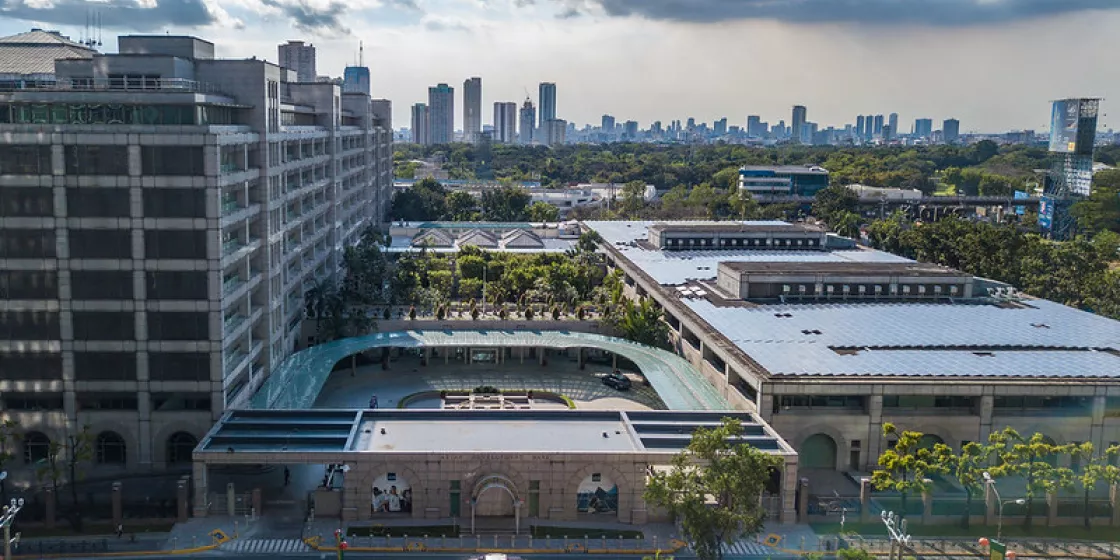Public development banks invest around USD 2.7 trillion annually, more than 10 percent of the total annual amount invested by all public and private actors. Civil society organizations criticize that far too much of this money still flows into climate-damaging activities, and that development banks and many of their main shareholders are not doing enough to help countries fight climate change.
In 2015, 2017, and 2018, various multilateral development banks (MDBs) pledged to support the goals of the Paris Agreement and to align their investments accordingly. This entails consistency with limiting global warming to 1.5°C, with increasing resilience to the physical impacts of climate change, and with a socially just transition to resilient and decarbonised economies and societies. Since then, MDBs have made important steps towards this goal, for example publishing a joint methodology for Paris alignment. Qualitative improvements and effective implementation are however vitally important to ensure that MDBs can use their investments to support the urgently needed transformation as quickly and as effectively as possible. Many national development banks are also making efforts to make their investments climate-compatible, with widely varying approaches and progress.
In addition, there are calls for fundamental reforms of the international financial system, including the International Monetary Fund (IMF) and the MDBs, to free financial flows for climate change mitigation, adaptation, and loss and damage at the necessary scale and with respective impact.
The work of Germanwatch on development banks and climate
Germanwatch has been supporting MDBs since 2017 in their efforts to align their investments with the Paris Climate Agreement, together with the NewClimate Institute, the World Resources Institute, and (since January 2023) E3G. We have produced several working papers with recommendations for what the multilateral development banks should consider when designing their frameworks for Paris compatibility.
Publications
Backgroundpapers:
▸Aligning Policy-Based Finance with the Paris Agreement (2022)
▸Aligning Financial Intermediary Investments with the Paris Agreement (2021)
▸Aligning Investments with the Paris Agreement Temperature Goal (2018)
▸Greening investments: Make Multilateral Development Banks work for the Paris Agreement (2017)
Policy Briefs und Statements:
▸From Glasgow to Guiding Action (2022)
▸Multilateral Development Banks must deliver on Climate (2022)
Reports:
▸Guidance Notes for Sustainable Urban Infrastructure Investment (2022)
▸Climate Resilience and Pro-Poor Principles for Infrastructure Investment (2021)
Blog Posts
Update on the Paris Alignment of MDBs:
▸World Bank Group Paris Alignment Draft Methodology Needs Work (2023)
▸The Multilateral Development Banks in the run-up to Paris Alignment (2023)
▸MDBs Pledged to Align Financial Flows with the Paris Agreement. They’re Not There Yet (2021)
Myth Buster Series: Alignment of Development Finance with the Paris Agreement (2022)
▸Myth Buster no. 1: Climate action hinders economic development? - Wrong!
Further Blogposts:
Supporters of Germanwatch in this sector (excerpt):








